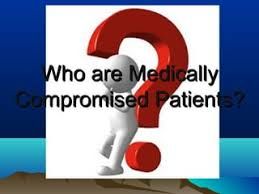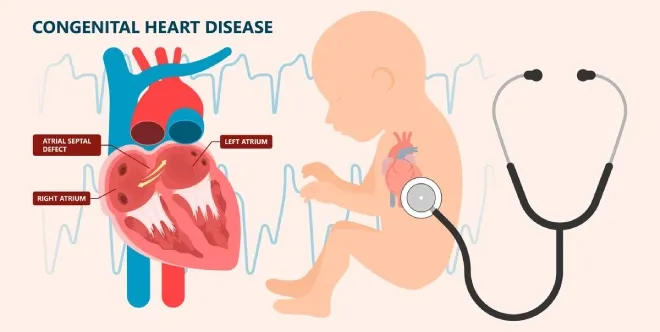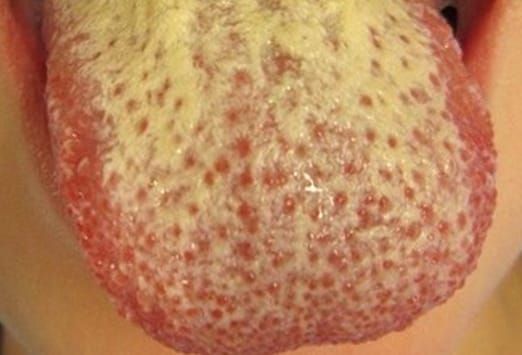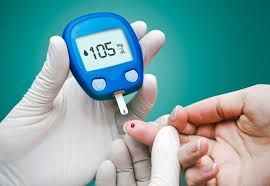Mouth is a mirror of health assessment. It usually serve as a warning environment. Mouth and its mucosas also serve as the gateway to the body during feeding, medication and even breathing and as such were found susceptible to a constant influence of infectious microscopic invaders.
On the other hand, many systemic diseases have oral manifestations and influences which develop and appear in form of lesions or ulcers on the oral mucosa, gingiva, tongue, teeth, extra-oral skin, lips and other related structures.
For the maintenance of systemic and oral health, appropriate diagnosis of disease and proper treatment should carefully planned for these oral manifestations.
Medically compromised children have an increase risk to develop an oral disease and even some diseases on their own have oral manifestations as part of their signs and symptoms such as in the case of congenital syphilis which has Hutchinson's incisors or mulberry molars as part of its oral manifestations in children
Furthermore, treatment undergone and the administration of some prescribed medications may result in decreased host immune resistance and its side effects being manifested and observed in the oral cavity.
Definition of Medically Compromised Patients
Medically Compromised Patients are person suffering with medical disorder and may get compromised while treating other pathology.
The main key to a successful dental management of a medically compromised patient is a thorough and complete evaluation of the patient medical conditions or by taking the patient full medical history.
The disease and disorders that may compromise and complicate dental management and treatment include the following;
Diabetes mellitus
Cardiac abnormalities
Bleeding disorders such as low platelets counts, haemophilia
Renal system disorders
Infectious diseases like HIV, hepatitis etc.
Neurological disorders such as convulsions, epilepsy, cerebral palsy and so on.
Respiratory disease.
Last but not least, abnormal drug interactions could also have its oral manifestations being detected in the oral cavity.
Persistent dental disease can badly and negatively affect the success of the medical treatment. Due to this bad influence of getting treatment compromised which eventually lead to affected well-being of the patient, makes dental care to be of vital importance.
Good oral hygiene is extremely essential for the prevention of oral diseases. However, in the case of medically compromised patient, prevention of dental disease occurrence is more necessary because sometimes, dental disease can be disastrous and life-threatening.
Optimum and maintained oral health is always important to the physical well-being of medically compromised children and furthermore contributes as a major factor to the success of many surgically corrected congenital anomalies and organ transplantations.
Conversely, poor oral health and negligence adversely affect the outcome of surgical procedures and may add to the progress of debilitating diseases and conditions.
Some Medically Compromised Conditions
1- Diabetes Mellitus
Diabetes mellitus is a chronic metabolic and hormonal disorder resulting from defects and abnormality in insulin secretion or insulin action coupled with its absorption by the body or even both.
Insulin is a hormone secreted from beta cells of the islet of Langerhans of the pancreas, utilize glucose from digested food as an energy source.
Major classification of diabetes mellitus includes;
i- Type-1 diabetes
ii- Type-2 diabetes
Type-1 diabetes mellitus
In this type of diabetes mellitus, the pancreas does produce insulin and therefore would amount to requirement of external insulin administration. It is sometimes referred to as juvenile diabetes mellitus because of its associated diagnosis in children or early adolescent stage of life and is purported to affect about 1 in every 600 children.
Type-2 diabetes mellitus
This type is mainly found in adults when insulin is secreted and present in the body system but is unable to stored glucose into the body tissues such as muscle, liver and so on. In this type the body tissues were said to be insulin-resistant.
In this case, the secreted insulin is rendered functionless and useless as it will be unable to be used to store glucose in the body cells. It is otherwise called insulin resistant type
Oral Manifestations of Diabetic Mellitus
About one-third of diabetic patients complain of xerostomia(dryness of the mouth) which may be due to an overall diminished flow of saliva and an increased salivary glucose level.
Moreover, diffuse, non-tender , bilateral enlargement of the parotid gland called diabetic sialadenosis maybe observed in these patients. Xerostomia as aforementioned above as a prominent manifestation of diabetes usually results in increased susceptibility to opportunistic infections such Oral Candidiasis caused by a fungi called Candida albicans.
Other oral manifestations includes erythematous candidiasis (red coloured candida infection) which presents as central papillary atrophy of the dorsal tongue, benign migratory glossitis, change taste sensation, mucormycosis and burning mouth syndrome.
It could be also recalled that most poorly controlled diabetes mellitus patients were found to have high incidence of dental caries, the reason behind it is the increased salivary glucose level and also high glucose proportion in the crevicular fluid present in the oral cavity.
Dental Management of Diabetic Patients
The dental management procedures depend on the type of diabetes that affecting the patient.
1- Non-insulin dependent Patients
All dental procedures can done without special precautions, unless complications of diabetes are clinically observed.
2- Insulin-controlled Patients
Dental procedures should carried out cautiously and with due diligence. Some stress reduction protocol can also be take in consideration such as; early and short morning appointments.
Likewise, patients are advised to take usual insulin recommended dosage and normal meals on the appointment day.
Checking of blood glucose level and so on and the source of glucose available in case of any insulin reaction occurrence.
3- In case of extensive invasive procedures is needed by a diabetic patient. Dietary consultation and nutritional proportional assessment is required with physician during post operative period to avoid complications.
Likewise, antibiotic prophylaxis can be considered for patients with brittle and exposed mucosas and also for those taking high doses of insulin which could eventually lead to chronic status of oral infections and morbidity.
That's all as regards medically compromised patient for this write-up. The other aspects would be continued in the subsequent posts. Thanks for the usual support and attention given.
Happy Blogging and Reading
Video from Dental student YouTuber




Telegram and Whatsapp